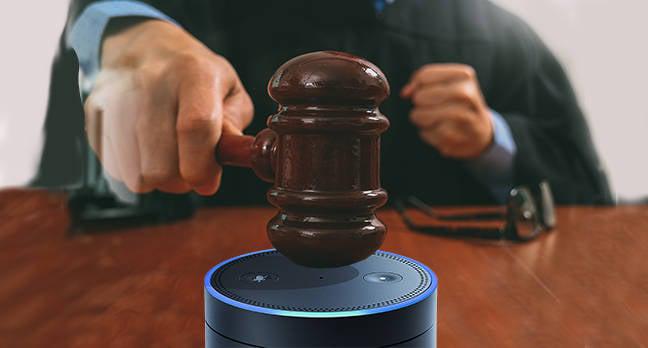Security News

Google has agreed to a $1.375 billion settlement with the state of Texas over a 2022 lawsuit that alleged it had been collecting and using biometric data of millions of Texans without properly...
Google has agreed to pay the U.S. state of Texas nearly $1.4 billion to settle two lawsuits that accused the company of tracking users' personal location and maintaining their facial recognition...

The State Bar of Texas is warning it suffered a data breach after the INC ransomware gang claimed to have breached the organization and began leaking samples of stolen data. [...]

Victims expect to spend considerable time and money over privacy incident, lawyers argue Specialist class action lawyers have launched proceedings against Oracle in Texas over two alleged data breaches.…

The Texas Tech University Health Sciences Center and its El Paso counterpart suffered a cyberattack that disrupted computer systems and applications, potentially exposing the data of 1.4 million...

Lone Star State alleges GM cashed in with "millions in lump sum payments" from the sale Texas has sued General Motors for what it said is a years-long scheme to collect and sell drivers' data to...

Texas is suing General Motors for collecting driver data without consent and then selling it to insurance companies: From CNN: In car models from 2015 and later, the Detroit-based car manufacturer...

42-year-old Nigerian national Bamidele Omotosho has been sentenced to 12 years and seven months in prison for his role in a series of cyber scams that resulted in millions of dollars in losses for...

Meta, the parent company of Facebook, Instagram, and WhatsApp, agreed to a record $1.4 billion settlement with the U.S. state of Texas over allegations that it illegally collected biometric data of millions of users without their permission, marking one of the largest penalties levied by regulators against the tech giant. The development arrived more than two years after the social media behemoth was sued for unlawfully capturing facial data belonging to Texas without their informed consent as is required by the law.

PornHub has now added Texas to its blocklist, preventing users in the state from accessing its site in protest of age verification laws. The bill requires adult sites showing sexual material to perform age verification to confirm a visitor from Texas is 18 years old.